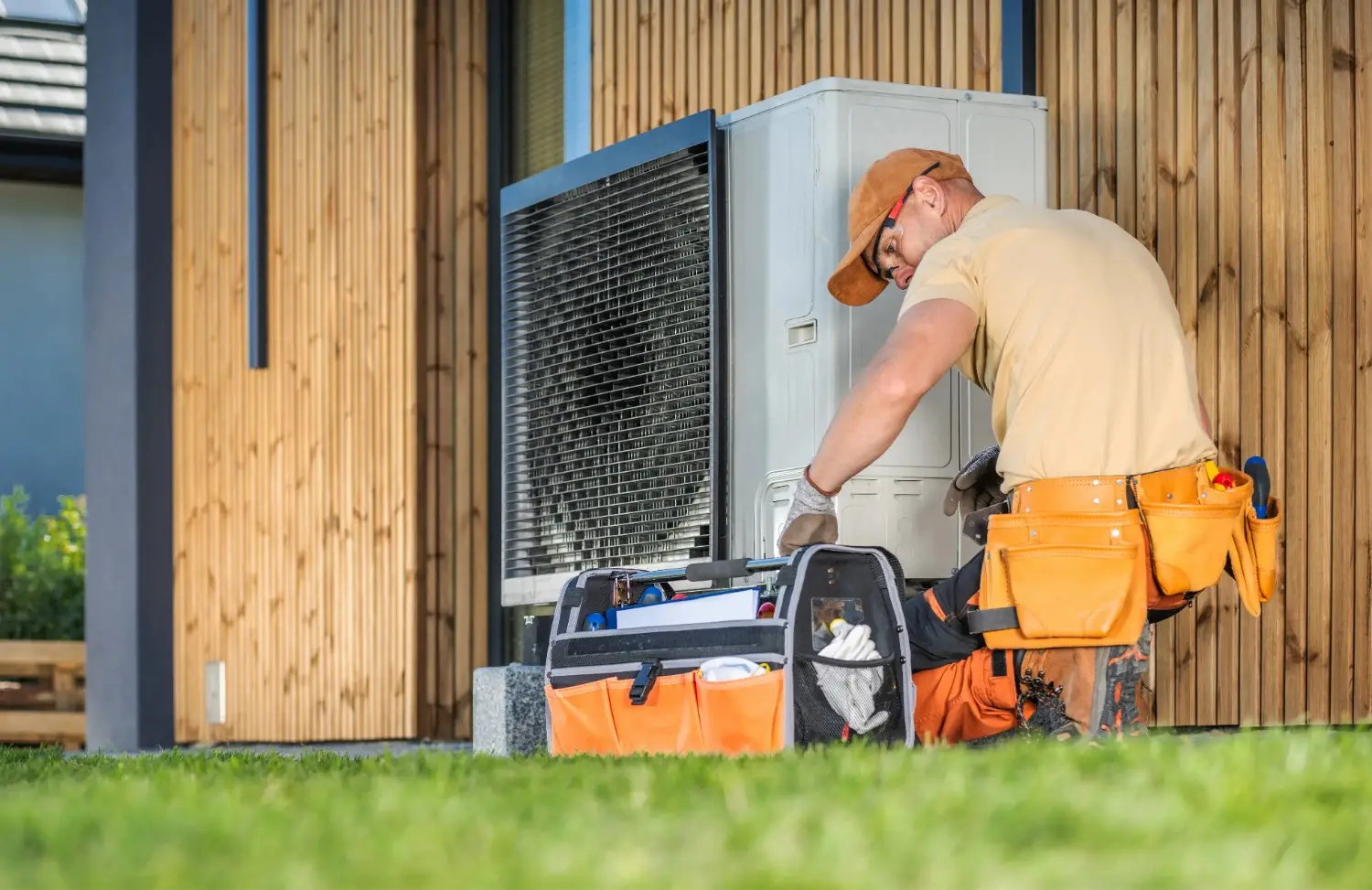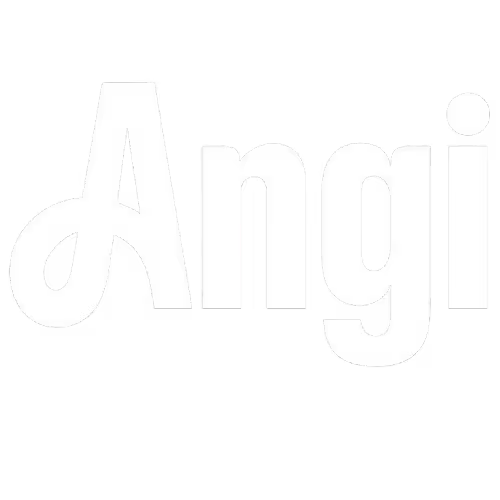Your Comprehensive Guide to Heat Pump Replacement
Replacing an existing heat pump unit is a significant investment that can dramatically improve your home's comfort, energy efficiency, and indoor air quality. Whether your current system is old, frequently breaking down, or simply not performing as efficiently as it once did, understanding the intricacies of a heat pump replacement is crucial. This guide provides comprehensive information to help you navigate the process, from understanding the factors influencing your decision to exploring the latest energy-efficient options available for upgrading your heating and cooling systems.
When is it Time for a Heat Pump Replacement?
Several indicators suggest that your heat pump might be nearing the end of its lifespan and a replacement is in order. These include:
- Age: Most heat pumps last 10-15 years. If your unit is older, its efficiency likely has declined, and repair costs may outweigh the benefits.
- Frequent Repairs: If you're constantly calling for repairs, the cumulative cost can quickly approach that of a new unit.
- Declining Efficiency: Higher energy bills without a change in usage patterns can indicate your heat pump is struggling to maintain desired temperatures.
- Inconsistent Heating/Cooling: Uneven temperatures throughout your home or difficulty maintaining set points are clear signs of underperformance.
- Strange Noises or Odors: Unusual grinding, banging, or persistent musty smells can point to serious internal issues.
- R-22 Refrigerant: If your system uses the phased-out R-22 refrigerant, repairs can become costly and difficult due to limited supply.

Factors to Consider for a New Heat Pump
Choosing the right heat pump replacement involves several critical considerations to ensure optimal performance and long-term satisfaction.
1. System Sizing
Accurate sizing is perhaps the most important factor. An undersized unit will struggle to heat or cool your home adequately, running constantly and leading to higher energy bills. An oversized unit will cycle on and off too frequently (short-cycling), causing uneven temperatures, increased wear and tear, and reduced dehumidification. A professional assessment considers your home's square footage, insulation levels, window efficiency, climate zone, and ductwork integrity to determine the ideal capacity (BTUs or tons).
2. Energy Efficiency Ratings (SEER, HSPF, EER)
Modern heat pumps boast impressive energy efficiency ratings:
- SEER (Seasonal Energy Efficiency Ratio): Measures cooling efficiency. Higher SEER ratings mean greater cooling efficiency and lower electricity consumption.
- HSPF (Heating Seasonal Performance Factor): Measures heating efficiency. A higher HSPF indicates better heating performance and energy savings during colder months.
- EER (Energy Efficiency Ratio): Measures cooling efficiency at a specific operating condition.
While higher efficiency models often have a greater upfront cost, the long-term energy savings can significantly offset this initial investment, especially in regions with extreme temperatures.
3. Type of Heat Pump System
- Air-Source Heat Pumps: The most common type, transferring heat between your home and the outside air.
- Ductless Mini-Split Heat Pumps: Ideal for homes without existing ductwork or for additions and zoned comfort.
- Geothermal Heat Pumps: Utilize the stable underground temperature for exceptional efficiency, though they have a higher initial installation cost due to ground loop requirements.
- Dual Fuel Heat Pumps: Combine an electric heat pump with a gas furnace, automatically switching to the most cost-effective fuel source based on outdoor temperatures.
4. Cost and Budget Considerations
The cost of a heat pump replacement varies widely based on the system type, brand, efficiency ratings, installation complexity, and any necessary ductwork modifications. While it's essential to consider your budget, remember that investing in a higher-efficiency model often leads to substantial savings on utility bills over the system's lifespan. Be sure to inquire about potential rebates or tax credits for energy-efficient systems, which can help reduce the overall expense.
5. Professional Installation and Warranty
The quality of installation is as crucial as the quality of the unit itself. Improper installation can lead to reduced efficiency, frequent breakdowns, and even voided warranties. Ensure your chosen installer is licensed, insured, and has a proven track record. Understand the warranty terms for both the equipment and the installation labor.
The Heat Pump Replacement Process
A professional heat pump replacement typically involves several key steps:
- Initial Assessment: A qualified technician evaluates your home's heating and cooling needs, inspects existing ductwork, and helps you select the appropriate heat pump system.
- Old Unit Removal: The existing heat pump, including the outdoor condenser and indoor air handler (if replacing the entire system), is carefully disconnected and removed. Refrigerant is recovered safely and ethically.
- New Unit Installation: The new outdoor unit is placed on a stable pad, and the indoor air handler or coil is installed or connected to your furnace.
- Ductwork Modifications (If Needed): Existing ductwork may require sealing, repairs, or modifications to ensure optimal airflow and efficiency for the new system.
- Electrical and Refrigerant Line Connections: New refrigerant lines are run, and electrical connections are made according to manufacturer specifications and local codes.
- System Testing and Commissioning: The technician charges the system with new refrigerant, tests all components, calibrates controls, and verifies proper operation and airflow.
- Permits and Inspections: Many local jurisdictions require permits for heat pump replacements to ensure safety and code compliance. Your installer should handle this.
DIY vs. Professional Installation: A Critical Look
While some homeowners might consider a DIY approach for certain home improvements, heat pump replacement is emphatically not one of them. Professional installation is non-negotiable for several compelling reasons:
- Complexity: Heat pump systems involve intricate electrical wiring, refrigerant handling, precise sizing calculations, and specialized tools.
- Safety: Working with high-voltage electricity and pressurized refrigerants poses significant safety risks.
- Efficiency and Performance: Only a trained professional can ensure the system is properly sized, installed, and calibrated for maximum efficiency and comfort. Incorrect installation can lead to significantly higher energy bills and reduced lifespan.
- Warranty: Most manufacturers' warranties require professional installation to remain valid. A DIY installation will likely void your warranty, leaving you responsible for future repair costs.
- Regulatory Compliance: Professionals are familiar with local building codes and permit requirements, ensuring your installation meets all legal standards.
Entrusting your heat pump replacement to certified experts guarantees peace of mind, optimal performance, and adherence to safety and regulatory standards.
Maintaining Your New Heat Pump
Once your new heat pump is installed, regular maintenance is key to preserving its efficiency and extending its lifespan.
- Regular Filter Changes: Replace or clean air filters monthly or as recommended by the manufacturer.
- Keep Outdoor Unit Clear: Ensure the outdoor condenser coil is free from leaves, debris, and snow.
- Annual Professional Tune-ups: Schedule yearly maintenance with a qualified technician to inspect components, clean coils, check refrigerant levels, and ensure everything is running smoothly.
Choose Stafford Home Service for Your Heat Pump Replacement
When it's time to replace your heat pump, you need a partner you can trust to deliver expert advice, professional installation, and reliable service. Stafford Home Service is dedicated to providing comprehensive heat pump replacement solutions designed to enhance your home's comfort and energy efficiency. We understand the nuances of various systems and are committed to guiding you through every step of the process, ensuring a seamless and satisfactory upgrade.
Ready to explore your heat pump replacement options and experience the difference of a modern, energy-efficient system? Contact Stafford Home Service today to schedule a consultation and receive a personalized recommendation for your home.
Time To Upgrade? Heat Pump Replacement in Fridley, MN
Older heat pumps can drain energy and drive up costs. Stafford Home Service delivers dependable heat pump replacement in Fridley, MN, guiding you to the right model for your needs. Plus, we’ll help you take advantage of available Rebates and Promotions.
Replace Smart—Invest In Energy-Efficient Comfort
Maintenance plan
Our premium maintenance plans start at just $216 annually, providing regular tune-ups, priority scheduling, and comprehensive protection to keep your systems running efficiently year-round.
Customer Testimonials
Our customers consistently praise our knowledgeable technicians, prompt service, and the lasting quality of the work we deliver.






